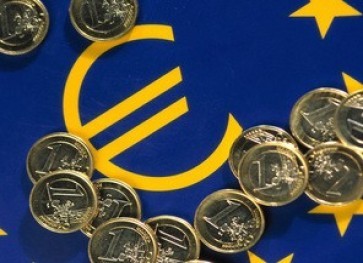IMF WRAPS UP VISIT TO BULGARIA, ANNOUNCES RESULTS
A mission of the International Monetary Fund, which visited Bulgaria's capital Sofia during the period May 10-20 to hold regular bilateral discussions on economic policies with the Bulgarian authorities, will disseminate its conclusions on Friday.
The visit was part of the IMF's surveillance under Article IV of the IMF's Articles of Agreement.
The mission, headed by Mrs. Catriona Purfield, met with officials from the Ministry of Finance, the Bulgarian National Bank, other government agencies, as well as representatives from the private sector, including banks and industry, unions, and non-government organizations.
Bulgaria's economy will grow 3% at the end of this year as a global recovery boosts exports demand in the EU, according to the IMF latest report.
The IMF forecast for the Bulgarian economy in 2011 is below the 3.6% growth projected by the Bulgarian government in its 2011 budget.
The Washington-based global lender forecasts end-year's inflation at 5.3%, according to its latest report.
Just recently, Bulgaria's Finance Ministry reduced its economic growth forecasts for 2012 and 2013 in light of the civil unrest in the Arab world and the aftermath of the devastating earthquake that hit Japan on March 11. Thus, the Cabinet in Sofia now expects Bulgaria's economy grow by 4.1% in 2012 instead of the original figure of 4.7%; in 2013, the growth is forecast to be 4% instead of the 4.9% previously expected.
Bas Bakker, leader of the team that prepared the report, commented that the pace of recovery in the countries from SouthEastern Europe is slowing down as the financial crisis hit the region later.
IMF experts have recommended further steps to reduce the deficit and create budget buffers.
Europe-wide estimates are for growth of gross domestic product from 1.8 percent this year and 2.1 percent in 2012. Average annual inflation is seen at 2.7% in 2011 and 1.9% in 2012 across Europe.






